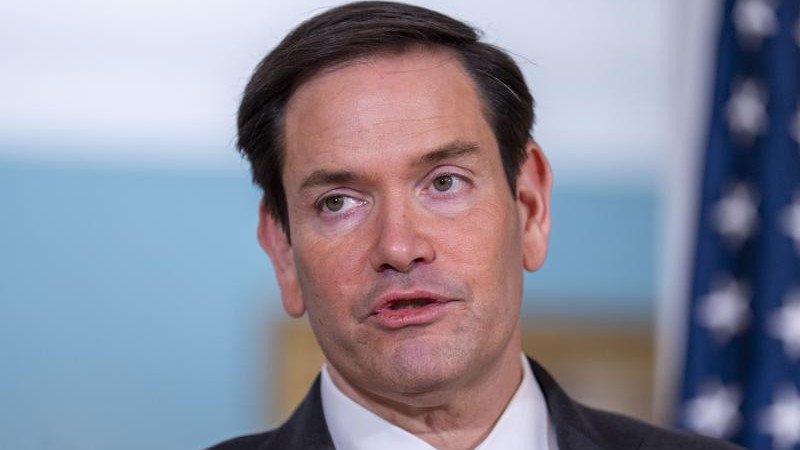US calls on China to prevent Iran from closing Strait of Hormuz and disrupting global oil flows

US Secretary of State Marco Rubio has called for China to prevent Iran from closing the Strait of Hormuz, one of the most important trade routes for crude oil in the world.
“I encourage the Chinese government in Beijing to call them about that, because they heavily depend on the Straits of Hormuz for their oil,” Rubio said in an interview on Fox News. China is Iran’s most important oil customer and maintains friendly relations with the Islamic Republic.
Iran’s foreign minister warned earlier Sunday that the Islamic Republic “reserves all options to defend its sovereignty,” after the U. bombed three key nuclear sites over the weekend.
Sign up to The Nightly's newsletters.
Get the first look at the digital newspaper, curated daily stories and breaking headlines delivered to your inbox.
By continuing you agree to our Terms and Privacy Policy.Iranian state-owned media, meanwhile, reported that Iran’s parliament backed closing the Strait of Hormuz, citing a senior lawmaker. However, the final decision to close the strait lies with Iran’s national security council, according to the report.
An attempt to block the narrow waterway between Iran and Oman could have profound consequences for the global economy. Some 20 million barrels per day of crude oil, or 20 per cent of global consumption, flowed through the strait in 2024, according to the Energy Information Administration.
Oil prices could shoot above US$100 per barrel if the strait is closed for a prolonged period, according to Goldman Sachs and consulting firm Rapidan Energy. JPMorgan analysts view the risk of Iran closing Hormuz as low because the US would view such a move as a declaration of war.
Rubio said it would be “economic suicide” for Iran to close the strait because the Islamic Republic’s oil exports pass through the waterway.
Iran is the third-largest oil producer in OPEC, pumping 3.3 million barrels per day. It exported 1.84 million bpd last month, with the vast majority sold to China, according to data from Kpler. About half of China’s waterborne crude oil imports comes from the Persian Gulf, according to Kpler.
“It would be a self-inflicted wound: cutting off the Strait would stop the flow of its crude exports to China, halting a key revenue stream,” Matt Smith, lead oil analyst at Kpler, told CNBC.
The US secretary of state said Sunday that the US retains options to deal with Iran trying to close strait.
“It would hurt other countries’ economies a lot worse than ours,” Rubio told Fox News. “It would be, I think, a massive escalation that would merit a response, not just by us, but from others.”
The US Fifth Fleet is stationed in Bahrain and tasked with protecting maritime trade in the Persian Gulf. Oil market participants generally believe the US Navy would swiftly vanquish any attempt by Iran to block the Strait of Hormuz. But some analysts warn that the market is underestimating the risk.
“They could disrupt, in our view, shipping through Hormuz by a lot longer than the market thinks,” said Bob McNally, founder of Rapidan Energy and former energy advisor to President George W. Bush.
Shipping could be interrupted for weeks or months, McNally said, rather than the oil market’s view that the US Navy would resolve the situation in hours or days.
The US would ultimately prevail but “it would not be a cakewalk,” McNally told CNBC.
